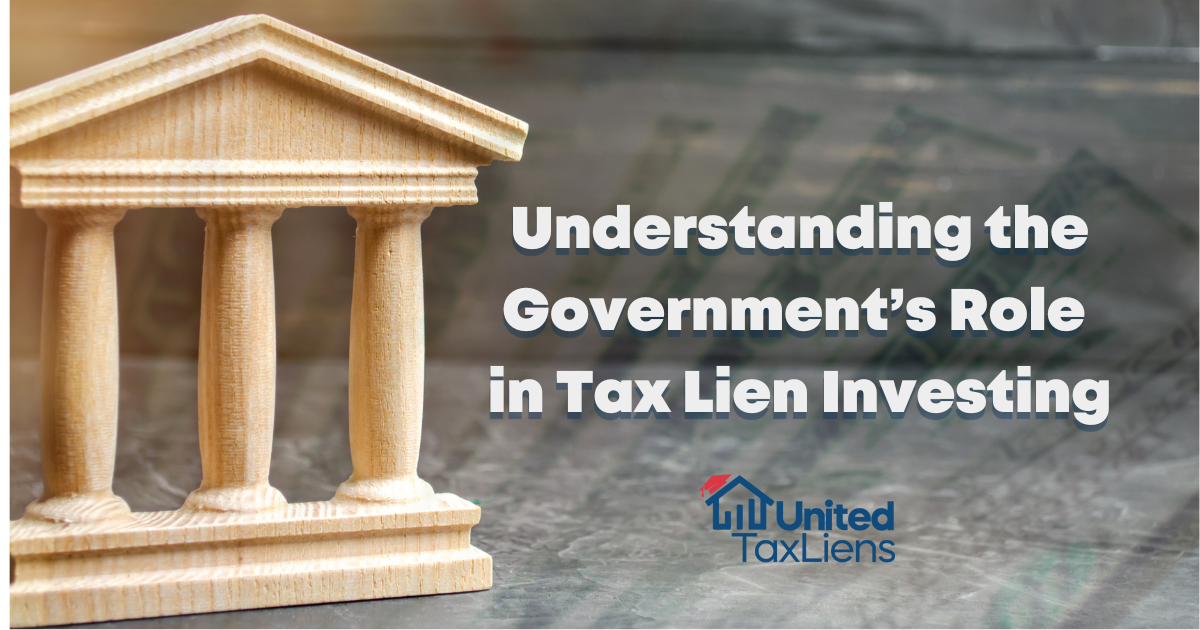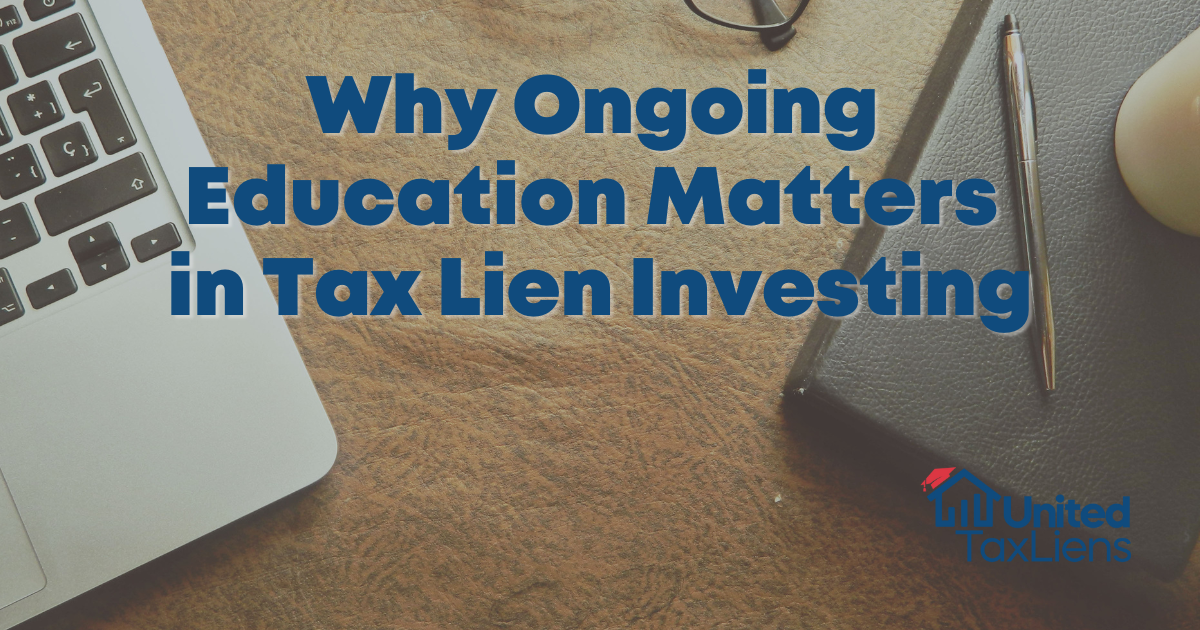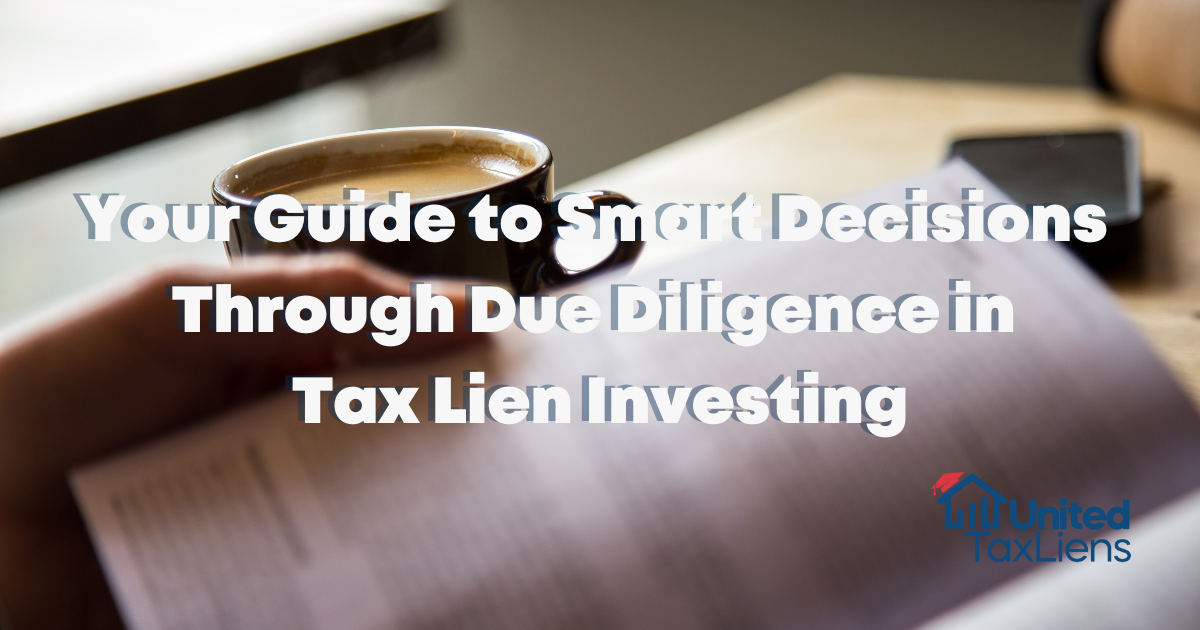
Tax liens are a way for local governments to recoup unpaid property taxes, and understanding how this process works is crucial for anyone looking to invest. So, let’s dive into the role of government in tax lien investing!
First off, local governments issue tax liens to recover the taxes property owners haven’t paid. When folks fall behind, the government steps in, selling these liens to investors like you to generate some much-needed cash flow. This revenue isn’t just sitting in a vault; it goes toward funding public services, infrastructure projects, and other vital community initiatives.
Now, the government has the legal authority to place a lien on properties that haven’t paid their taxes. This lien acts like a claim against the property, allowing the government to sell it if the taxes remain unpaid after a certain period, known as the redemption period. This is where things get interesting!
Governments usually conduct public auctions—think of them as a big sale where investors can bid on the right to claim those unpaid taxes. These auctions can happen in person or online, making it pretty convenient for anyone looking to jump in.
But here’s the catch: there are rules! Governments establish regulations that govern the entire process of tax lien sales. As an investor, you’ve got to play by these rules, which can differ based on where you’re investing. This means you need to stay compliant with local regulations to ensure your participation is both legal and ethical.
Speaking of redemption periods, this is the timeframe that allows property owners to pay off their overdue taxes and reclaim their property. It’s an essential part of the tax lien process, so knowing the specifics of this period is vital.
Local governments also follow certain legal procedures for tax lien sales, redemptions, and potential foreclosures. Familiarizing yourself with these procedures can protect your rights and interests as a lien holder.
Plus, a lot of information about tax liens, such as property details, auction dates, and redemption periods, is public record. This means you can access this info to do your homework and make smart investment decisions.
When the government sells tax liens, the revenue goes to various municipal funds and services. This includes funding for schools, public safety, road maintenance, and other essential community services—making it a win-win for everyone involved!
As you enter the tax lien market, remember your legal obligations. You’ll need to understand your rights and responsibilities as a lien holder, comply with local regulations, and adhere to the legal framework set by the government.
Lastly, tax lien investing doesn’t just impact your wallet; it also plays a role in community development. The money raised through tax lien sales helps local governments fund projects that improve infrastructure, education, and overall quality of life in the community.
In summary, grasping the government’s role in tax lien investing is fundamental for anyone looking to navigate this space. It gives you the context for the legal and regulatory framework you’ll be working within, making compliance crucial for your success in this exciting investment opportunity.
This blog is for informational purposes only and should not be relied upon as financial or investment advice. Real estate investing carries risks, and individual results will vary. Always consult with your team of professionals before making investment decisions. The authors and distributors of this material are not liable for any losses or damages that may occur as a result of relying on this information.










